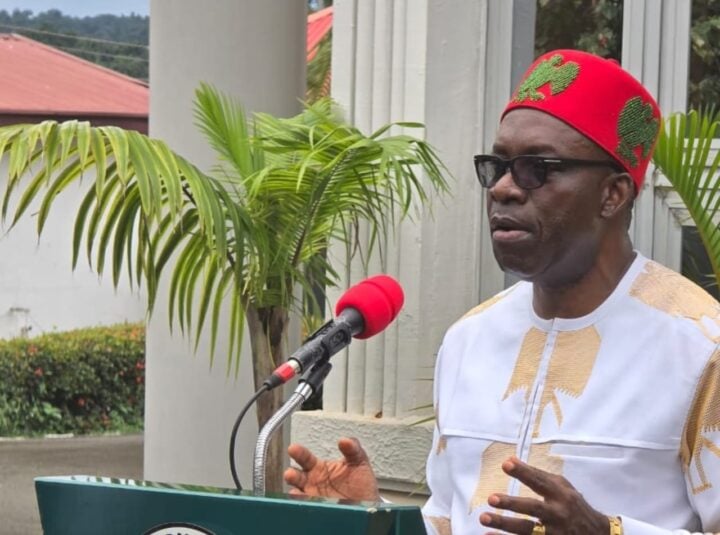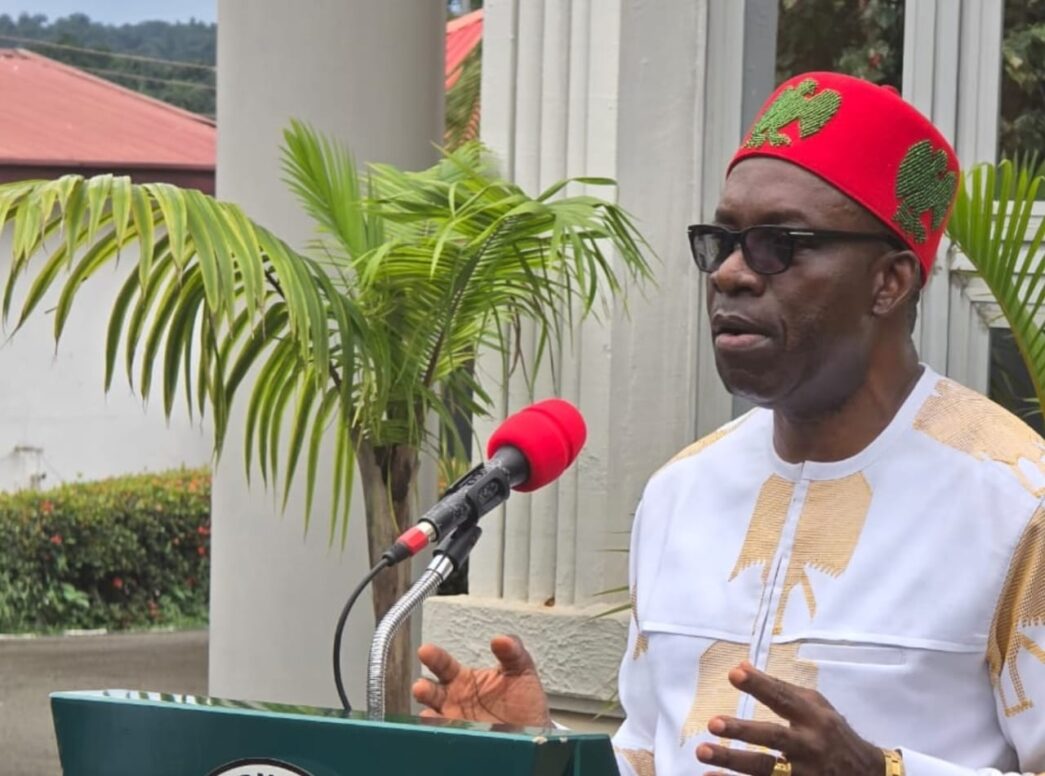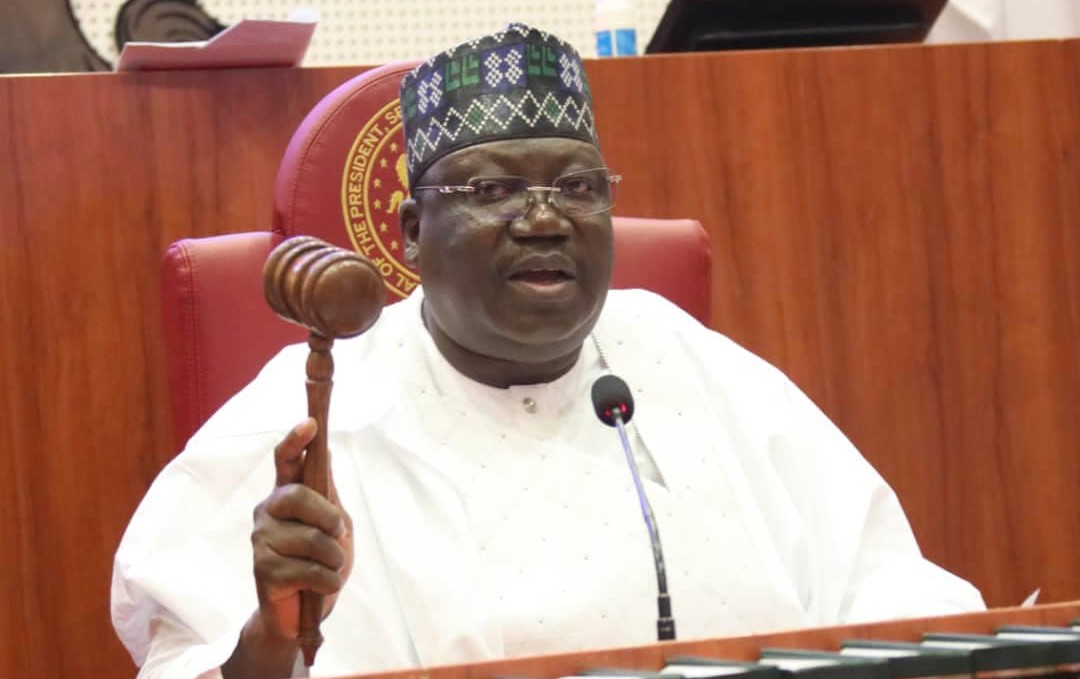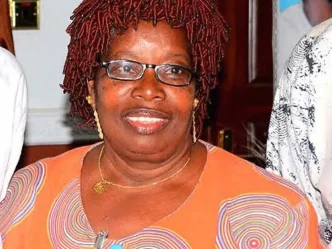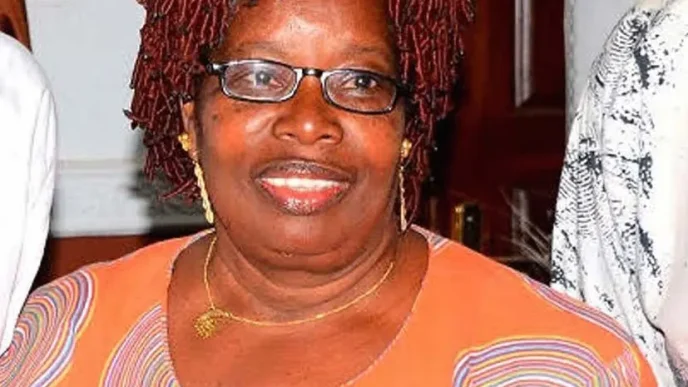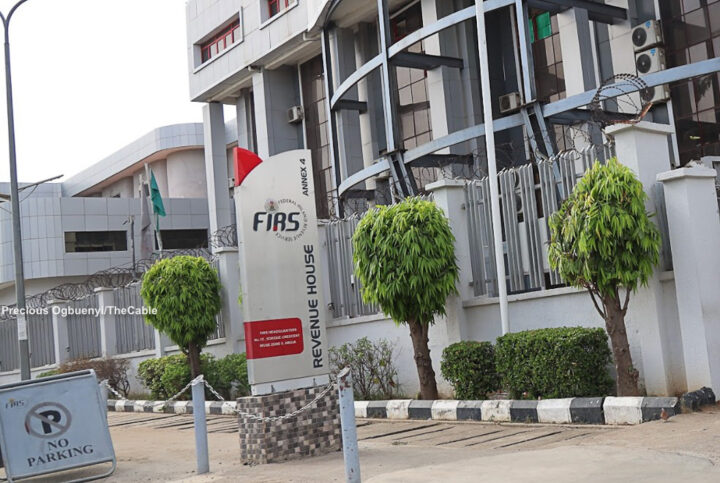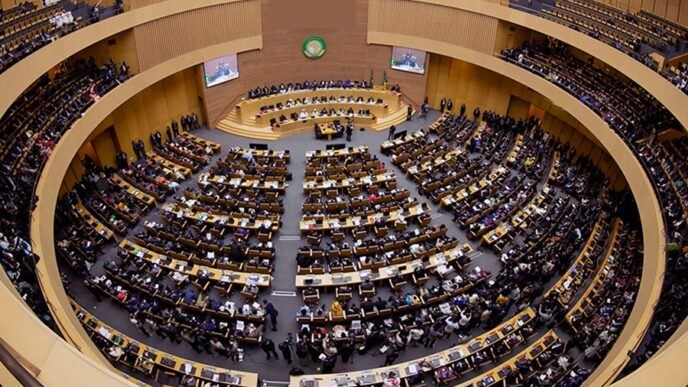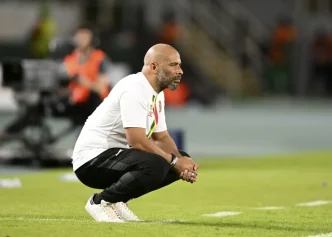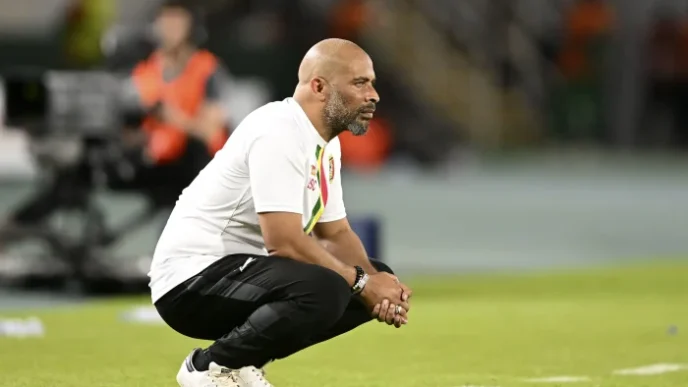Chukwuma Soludo
In 1983, the first civilian governor of the old Imo State (Imo, Abia and some parts of Ebonyi State), Sam Mbakwe, started the construction of the Imo Airport with the contribution of public-spirited individuals from the state and throughout the south east. Dee Sam, as the governor was affectionately called by his people, used a crowdfunding approach – a form of public-private-community-partnership (PPCP). The Imo Airport – now called Sam Mbakwe Airport – is not only the first state-owned airport in Nigeria, it is also the only airport that has been built by community participation. There were records of people donating as small as 1 naira to the airport project in 1983. In fact, the slogan of this airport fundraising appeal was “No amount is too small for Imo Airport”. A variant of this model has been resurrected in Anambra State and its impact was seen in the numerous community-driven projects commissioned by Governor Chukwuma Soludo last December.
Though the Imo Airport received support from successive governments in Imo and was completed in 5 July 1994 and was later handed over to the federal government to manage, Imo probably would have not had an important airport today without Sam Mbakwe’s PPCP initiative. Apart from the current Imo State, in its early days, the airport served Onitsha, the automobile and manufacturing city of Nnewi in Anambra State, the industrial hub of Aba, Umuahia and Arochukwu in Abia State.
The PPCP model is probably one of the most viable models to develop communities in Nigeria. Nigeria has a serious infrastructure deficit. In 2021, one of Nigeria’s most respected financial advisory company, Agusto & Co, published in its monthly economic newsletter that Nigeria needs $13 trillion to bridge its infrastructural deficit in the next 30 years. This amounts to $433 billion per year. Unfortunately, Nigeria does not have the money. In 2024, the 36 states, FCT and the federal government had a budget of N44.62 trillion ($27.9 billion in today’s exchange rate). This $27.9 billion budget is not even the country’s revenue: it is a combination of debt and revenue.
Besides, Nigeria’s proposed $31 billion (N49.7 trillion) budget in 2025 is just a fraction of its GDP which is approximately $200 Billion. This implies that the bulk of the money in Nigeria is in private hands and not in the hands of government. (Using the 2023 exchange rate, Trading Economics reported that Nigeria’s GDP, according to the World Bank collection of development indicators, was $362.81 billion. Though, with the current plan to rebase Nigeria’s GDP calculation to 2019 and CPI to 2024, the country’s GDP might be larger than the current values).
Advertisement
This is why Soludo’s model offers a viable solution in Anambra and in Nigeria at large. Governor Soludo argues that despite the massive investment his government is making in infrastructure, PPCP initiatives are needed to fast-track development in Anambra. The governor is absolutely correct. Last December, Governor Soludo commissioned several projects built by public-spirited individuals. In fact, just yesterday, Governor Soludo commissioned a 2.1km road in Nnewi South Local Government, which was constructed and donated by a businessman. A few days ago, the governor commissioned a 50-bed hospital donated by the Ichida Community and a 400-unit solar light project donated to the Orumba South Local Government by a young businessman in Anambra. The list is endless.
Soludo’s PPCP initiative resembles Sam Mbakwe’s in many ways.
One, while Sam Mbakwe took it as a point of duty to thank those who donated their monies or time towards the construction of the Imo Airport, Governor Soludo has taken this gesture further by personally inspecting and commissioning projects donated to communities by these public-spirited individuals, who have penned their names down in the Anambra’s PPCP hall of fame.
Advertisement
Two, there is significant evidence of public trust in these gestures. The folks who donated into Sam Mbakwe’s airport fundraising appeal believed that the monies would be well utilized. This applies to Anambra in many ways. How? In Anambra’s case, there is a widespread belief that Governor Soludo is prudently managing Anambra’s resources and that he has been able to achieve a lot with little when compared to other administrations. Thus, public-spirited individuals are motivated to be partners in providing public goods in Anambra State. These public-spirited individuals belief that government cannot provide everything with its meagre resources. They trust the government’s effort and are willing to put in their bit.
Three, just as Sam Mbakwe was able to convinced Igbos living all over Nigeria to invest in their homeland, Governor Soludo’s PPCP drive and his various public appeals to successful Ndi Anambra seem to have spurred the current think-home ideology. Some of the PPCP projects just commissioned were financed by Ndi Anambra living and working outside Anambra. (There are records of Imo indigenes living in Lagos who donated to Sam Mbakwe’s airport building appeal fund in 1983).
Anambra’s PPCP model is becoming robust. There are a couple of models being developed to support various crowdfunding initiatives in Anambra, especially Anambra’s smart school initiatives. (Currently, the Anambra State government is building 22 top-notch smart schools that would serve as a model for smart schools should public-spirited individuals decide to donate smart schools to their communities).
Though there are records of community-built projects in the 1970s and 80s, Soludo’s PPCP initiative has increased the consciousness of Ndi Anambra when it comes to PPCP initiatives.
Advertisement
Anambra is rising and Governor Soludo has been able to convince the residents of Anambra that government – Federal and State – cannot develop Anambra alone. This is good leadership. A leader should be able to motivate, convince, educate and lead people into good causes.
Nwankwo is the special adviser to Governor Soludo on special projects
Views expressed by contributors are strictly personal and not of TheCable.
Add a comment

